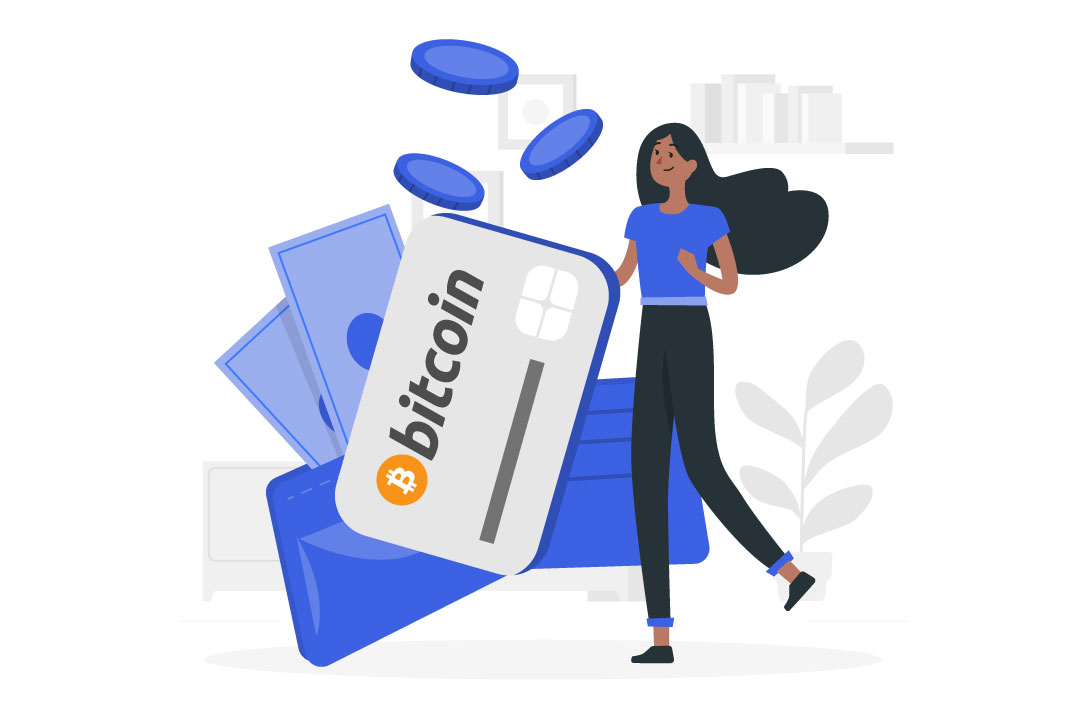share
At the end of 2020, the international payment operator Visa announced the release of a card with a cashback for purchases in bitcoins. This one of the most anticipated novelty was promised to be presented in a rather magnificent form: the card will be metal, and the service will not be cheap – as much as $200 per year. The card will be released together with startup BlockFi. From January 2021, everyone can get on the waiting list for a card, and the debit or credit cards themselves will begin to be sent out in May.

At the end of 2020, the international payment operator Visa announced the release of a credit card with a cashback for purchases in bitcoins. The novelty was promised to be presented in a rather magnificent form: the card will be metal, and the service will not be cheap – as much as $200 per year. The card will be released together with startup BlockFi. From January 2021, everyone can get on the waiting list for a card, and the debit and credit cards themselves will begin to be sent out in May. The principle of the card is approximately similar to the same products of the banking segment: cashback will accrue from each purchase, but not in traditional currency, but in BTC. The credit card is issued by Evolve Bank. It is assumed that they will act so far only in the United States, but BlockFi representatives urge citizens of other countries to also get on the waiting list.
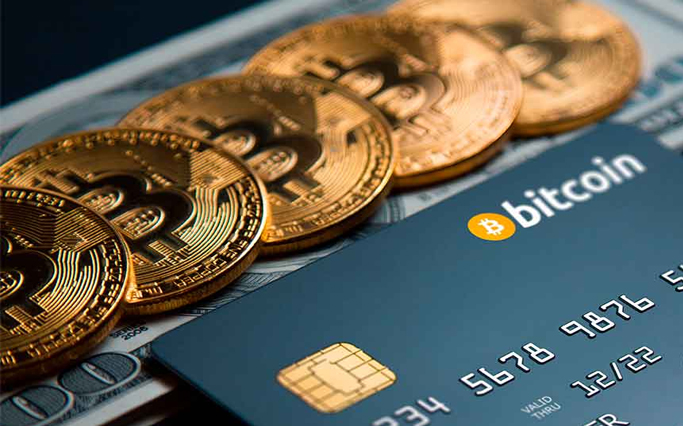
The idea of linking debit or credit cards to cryptocurrencies is difficult to call new. The first talk about this appeared almost from the moment it appeared – the crypto community began to actively discuss the possibility of using plastic cards to pay for goods and services by various coins back in 2011 and 2012. It should be noted that it was then that analysts first predicted the collapse of the banking system as such: it seemed too archaic, uncomfortable, opaque, and unreliable compared to the advantages of using cryptocurrencies. Of course, it would be foolish to assume that banks will give market segment without a fight. But even then it became obvious that if banking products do not find a way to adapt to rapidly changing realities, then, most likely, sooner or later, the words of investors and analysts will turn out to be prophetic. In 2015, the number of projects that provide services for linking plastic cards to cryptocurrency wallets began to grow with geometric progress. Now users have more than 30 projects to choose from. However, it should be noted that the field of cryptocurrency cards is developing quite slowly due to features in the legislative regulation of cryptocurrencies. The most conservative banks even announced a boycott of the very idea of launching plastic to use virtual assets, giving way to small startups, which quickly gained popularity.

How to Apply for a Cryptocurrency Card and How to Use It
To apply for a card, you need to decide on the service or bank that provides this credit card, as well as understand exactly what goals you are pursuing: whether you need to constantly withdraw fiat money from a cryptocurrency account at ATMs around the world or, for example, transfer money from a cryptocurrency account to fiat accounts in other banks. The general rules for receiving cryptocurrency cards may differ, but, one way or another, consist of several main steps:
- registration with a service or bank issuing a card;
- obtaining a new cryptocurrency wallet / linking an existing wallet to a service;
- obtaining a manufactured plastic card;
- standard card activation with any transaction – the same as with a classic credit card.
The use of credit cryptocurrency cards, in general, differs little from the use of ordinary banking. Of course, certain services set some restrictions, for example, limits on withdrawal of money per day. However, in fact, the cardholder gets the opportunity to use cryptocurrency assets as well as the fiat familiar to everyone, that is, there are no serious differences.
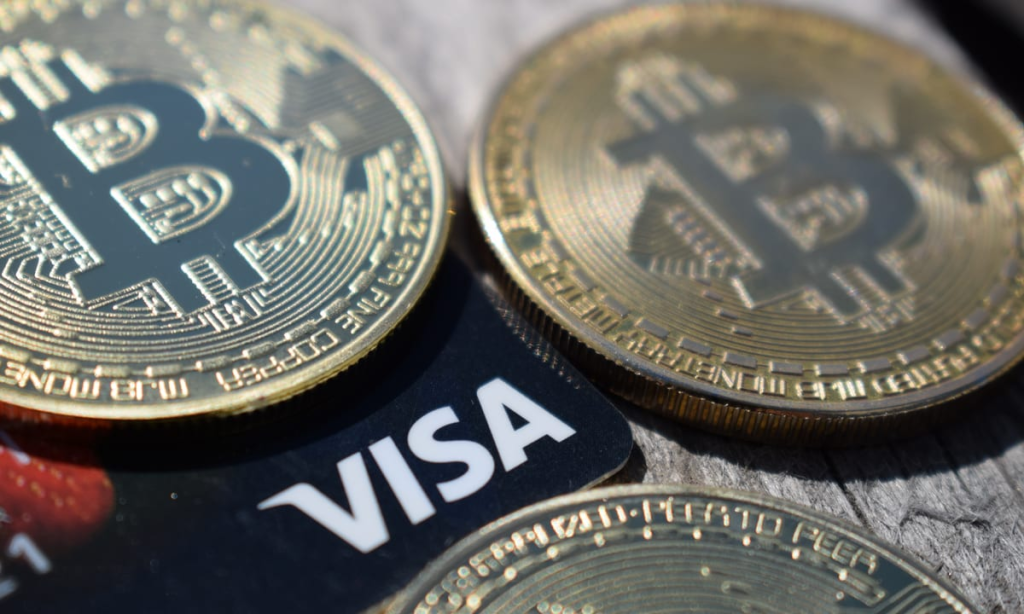
The main disadvantage of the use of cryptocurrency plastic is legislative regulation: as you know, not all countries currently recognize transactions with cryptocurrencies. For example, in Russia, a payment transaction from a cryptocurrency account can easily be declared illegal. The pros are obvious: the use of several cryptocurrencies at once, the support of Mastercard and Visa payment systems, which makes it possible to pay globally, a quick and convenient procedure for exchanging cryptocurrency funds for fiat and vice versa without attracting exchanges, which significantly expands the number of potential users.
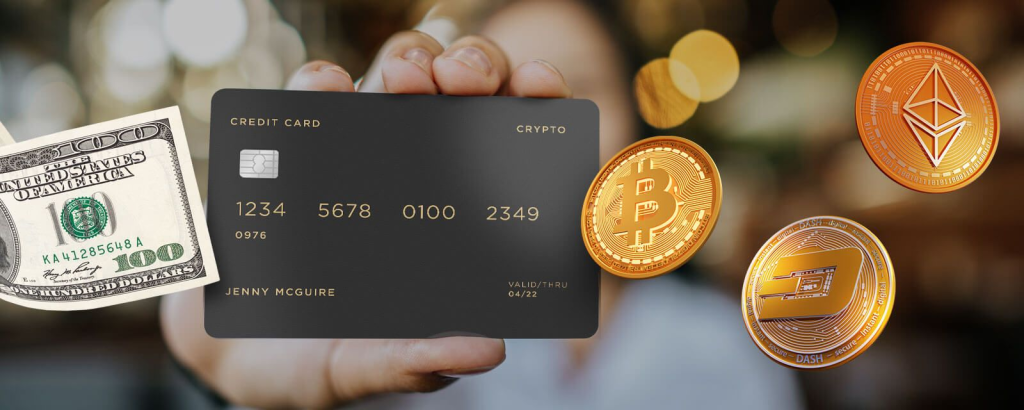
How Cryptocurrency Plastic Cards Work
Cryptocurrency plastic cards are a kind of gateway between the world of traditional finance and a new economy built on the blockchain.
Crypto cards differ in the business model, how you make payments and store your assets.
For most users, the key issue is the issue of secure asset storage. At the same time, many issuers of cryptocurrency cards will require you to create a special wallet and transfer your coins to the wallet of their platform.
However, some platforms allow you to connect a crypto card to a wallet that you already use. In this case, you remain the sole owner and operator of your own assets.
After connection, with any purchase or payment, part of your cryptocurrency funds will be converted into fiat. The credit card issuer will take the required amount of cryptocurrency and it will be necessary to transfer the amount of ordinary money to the person to whom you presented the debit or credit card for payment.
For you, this will look like debiting the equivalent part of cryptocurrency when paying a fiat account.
Since almost all credit cards are issued in partnership with either Visa or Mastercard, they have the same restrictions and rules as regular credit cards: maximum balance, maximum daily payments, withdrawal limits.
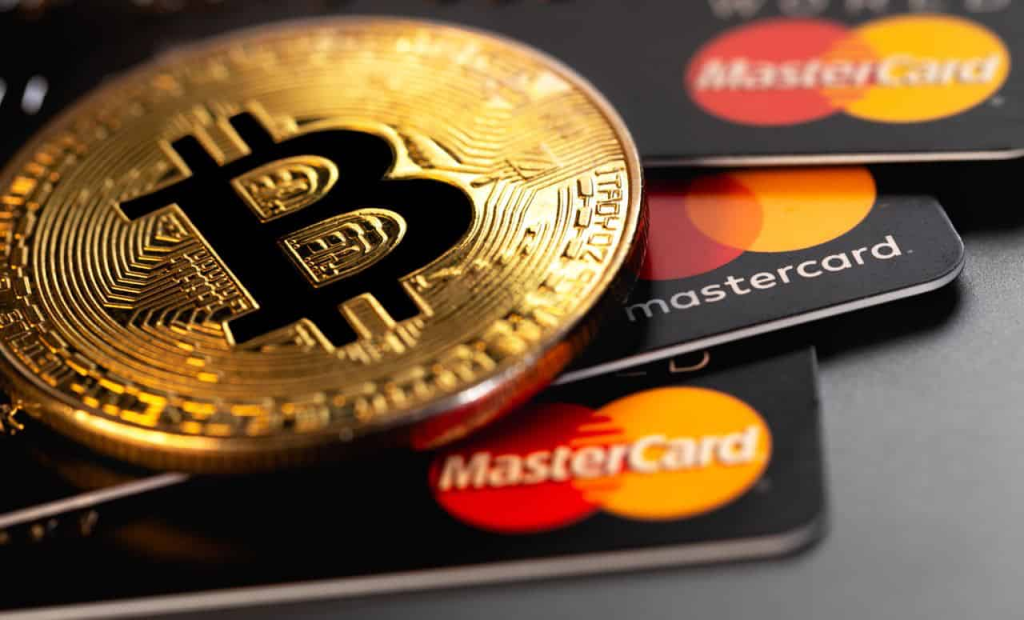
The Most Popular Cryptocurrency Cards Now

Advcash Mastercard Cards
Advcash has created a payment ecosystem for issuing plastic card and virtual cards that allow you to enter and withdraw fiat money and instantly convert them into cryptocurrencies. To use the system, it will be necessary to register on the official website of the company and start an internal wallet. The plastic card is tied to several wallets of fiat currencies, including USD, EUR, and RUR, its service is free, but you will have to pay a certain fee for the operations.

Visa card from Bitwala
This map is most common among European users. Issued with the support of Wavecrest Holding Ltd. Perhaps its main advantage is that in addition to bitcoins, the plastic card also supports altcoins, and also allows transfers from a cryptocurrency account in euros and dollars to absolutely any accounts in any banks in Europe.

Cryptopay
One of the most popular debit cards today, available for ordering worldwide. The project was founded by a team of Russian developers, to date more than 37 thousand cards have been issued. Cards exist in both plastic and virtual versions. Cryptopay is implemented in the Visa system and is accepted wherever this payment system works. The base currencies for these credit cards are USD, EUR, and GBP.

Coinbase Shift Card
The map is linked directly to Coinbase and is available only to US citizens. Since Coinbase is an exchange-type cryptocurrency exchanger, for its use it will be necessary to register in the system and have certain skills in using such systems, which makes it difficult for some potential holders.

Binance Card
If we were talking about exchange-type cards, then we could not help but mention the cryptocurrency card announced at the end of March 2020 from the world’s largest exchange Binance. The credit card can be replenished with BTC or internal BNB tokens. In the future, it can be paid among 46 million merchants in more than 200 countries. How exactly the Binance team will technically pay with a credit card has not yet been specified. The plastic card will soon be available for ordering around the world, and now pre-orders are being accepted. The card will be implemented on Visa.
